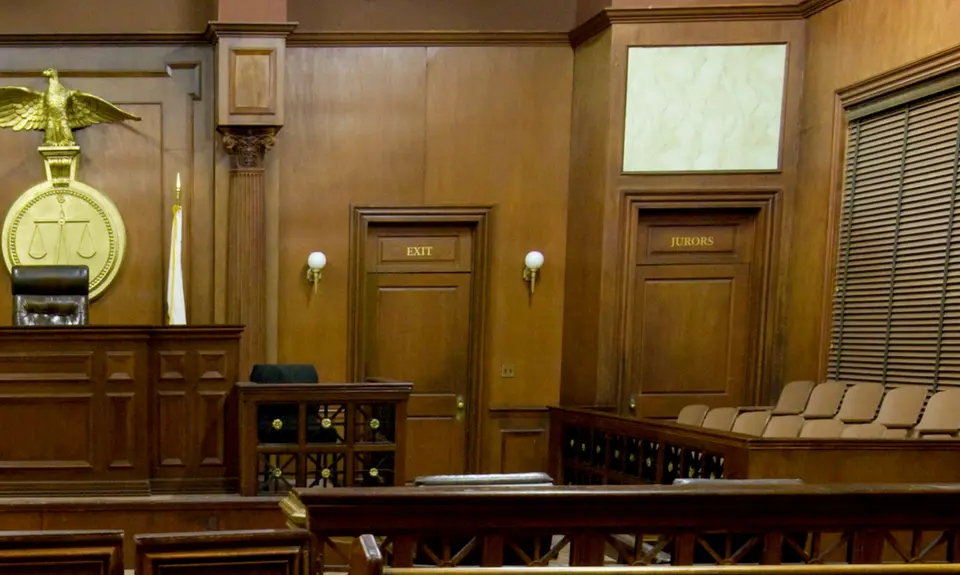“Confirmed Judges, Confirmed Fears” is a blog series documenting the harmful impact of President Trump’s judges on Americans’ rights and liberties. Cases in the series can be found by issue and by judge at this link.
Trump Ninth Circuit judge Bridget Bade tried to convince the court to rule that federal courts could not even consider claims that the federal Immigrations and Customs Enforcement (ICE) agency improperly uses computer databases and takes other improper action to detain immigrants for possible deportation. The majority rejected her view and sent the case back to the district court to consider such claims in its September 2020 decision in Gonzales v. United States ICE.
Gerardo Gonzales is a US citizen and is not subject to deportation. When he was arrested in Los Angeles on state criminal charges, however, an ICE agent ran his name through various databases, inaccurately concluded that he was a removable non-citizen, and issued an immigration “detainer” –a request that the LA authorities hold Gonzales in jail for five additional days after he would otherwise be released so that ICE could take him into custody.
While the detainer was pending, Gonzales and other individuals filed a class action against ICE to challenge this and other present and future detainers by ICE in central California. They sought injunctions against ICE that would do three things: 1)require that there be a prompt hearing before a neutral magistrate to determine if there is probable cause to justify continued detention pursuant to a detainer (the “judicial determination” claim); 2)prevent the issuance of detainers where state and local law does not authorize immigration arrests pursuant to such detainers (the “state authority” claim); and 3) prohibit the issuance of detainers based solely on searches of electronic databases to determine removability (the “database” claim.) Literally within hours of when the suit was filed, the government apparently recognized that there was no proper basis for the detainer against Gonzales and cancelled it, although the suit continued.
After agreeing that the case could proceed as a class action, the lower court granted summary judgment to the government on the judicial determination claim. It then held a trial and ruled in favor of the plaintiffs on the state authority and database claims and issued injunctions against ICE. Both sides appealed.
In an opinion by Judge Milan Smith, who was appointed by President George W. Bush, the Ninth Circuit issued a mixed ruling. It agreed that the courts have the authority to adjudicate the claims concerning ICE detainers, and that a law limiting federal court jurisdiction over some immigration issues does not apply. It reversed the grant of summary judgment in favor of the government on the judicial determination claim and sent that part of the case back so that the proper legal standard would be applied. It also reversed the two injunctions against ICE, holding that the state authority injunction was wrong as a matter of law and that, as long as there was probable cause for detention as determined by a neutral magistrate, state law did not matter. It also ruled that while the database claim could be valid, the court had not properly analyzed the underlying facts concerning the databases. So Gonzales and the other class members would have the opportunity to obtain the relief they requested against ICE concerning the failure to hold probable cause hearings and the improper use of electronic databases with respect to immigration detainers.
Trump judge Bridget Bade dissented. She maintained that the “plain language” of federal immigration law precluded the courts from issuing injunctive relief against ICE concerning detainers. She asserted that the court’s decision “opens the door to sweeping challenges to basic tools of immigration enforcement” by ICE and would have dismissed all the clams by Gonzales and the other plaintiffs.
The majority explained what was wrong with Bade’s arguments, which were also made by the government. The “plain language” of the law, the majority pointed out, “does not, as the dissent imagines, categorically insulate” all immigration enforcement from judicial review. Instead, Judge Smith continued, the text of the provision prevented injunctive relief only as to “part IV” of the relevant federal law, which does not cover the issuance of detainers by ICE. The government and the dissent claimed that detainer authority is “implied” by part IV, the majority went on, but the majority rejected the idea that it create “out of thin air “some “statutory text that does not exist.” The “written word” of the federal law is “quite clear”, the majority concluded, that the law’s “limitations on injunctive relief do not apply” in this case.
Gonzales and the other plaintiffs will thus be able to pursue claims against ICE for systematic abuse of immigration detainers. If it had been up to Trump judge Bade, however, those claims would have been dismissed.
